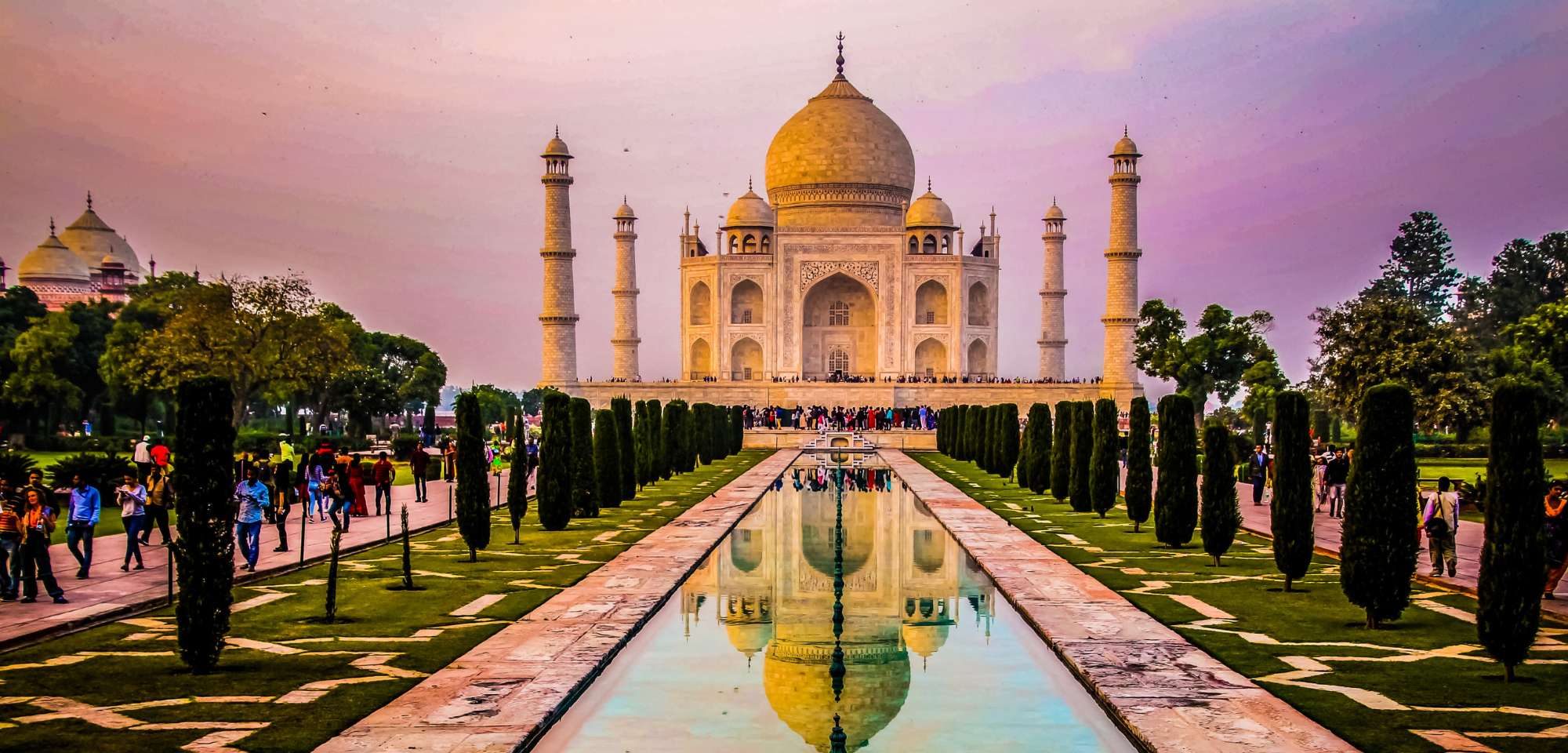
India has become a popular destination for travelers, and citizens from most countries require a visa to enter. Thankfully, applying for an Indian visa is not as complicated as it seems, with multiple options available based on the purpose of travel. This guide will walk you through the different types of visas for India, covering everything from tourist to business and medical visas. Understanding the types of Indian visa and their requirements will ensure a smooth application process.
This visa is perfect for individuals wishing to visit family, explore tourist attractions, or attend short-term programs. Tourist visas are typically valid for up to six months, though the duration varies depending on nationality and the nature of the visit. Previously, there was a mandatory gap of two months between tourist visa applications, but this rule has been relaxed, although some exceptions still apply. Processing can take up to 45 days, so it’s important to apply well in advance.
If you are working in India under a registered organization, the employment visa is the right choice. This visa is granted for individuals working full-time, including those volunteering for long-term engagements. Employment visas are usually valid for one year or the duration of your contract and can be extended while in India. Special Project Visas are also available for skilled foreign workers in sectors like power and steel. You will need to submit documents proving your employment status, such as a contract from an Indian company.
Business visas are designed for individuals who wish to conduct business or explore business opportunities in India. This visa differs from the employment visa because it does not allow individuals to work directly in an Indian company. Business visas are valid for up to five to ten years, with multiple entries allowed, but you cannot stay for more than 180 days at a time without registering with the Foreigners Regional Registration Office (FRRO). To apply, you'll need to submit a letter from the Indian business organization detailing the nature of your visit, planned activities, and business goals.
Foreign students planning to pursue long-term studies at accredited Indian educational institutions must apply for a student visa. Whether it’s for a degree program or a course in yoga, Indian dance, or culture, a student visa is essential for those intending to stay longer than six months. Student visas are typically valid for up to five years and can be extended based on the duration of the course. The visa is non-transferable, meaning that students cannot switch to other visa categories while studying.
An intern visa is for foreign nationals who wish to intern with an organization in India. Intern visas are granted for a period equal to the length of the internship, or one year, whichever is shorter. A key requirement is that the gap between graduation and internship must not exceed one year. It's also important to note that an intern visa cannot be converted to an employment visa or any other type of visa in India.
If you require long-term medical treatment in India, the medical visa is the appropriate choice. This visa covers serious treatments, such as organ transplants, heart surgery, or neurosurgery. Additionally, two medical attendants may accompany the patient on the medical visa. For shorter treatments lasting around 60 days, you can opt for the e-Medical visa, which is faster and simpler to apply for.
Professional journalists and photographers looking to cover India’s news, culture, or events must apply for a journalist visa. This visa allows access to specific regions and individuals for media-related work. However, journalist visas are difficult to obtain and are only granted to those with legitimate media affiliations. The visa is typically valid for up to three months.
For individuals planning to attend a government-organized conference in India, a conference visa is required. However, if the conference is organized by a private entity, applicants should apply for a business visa instead. This visa is typically valid for the duration of the event.
Film visas are required for individuals planning to shoot films, TV shows, or advertisements in India. The visa is granted for up to one year, but it can take up to 60 days to process since it requires approval from the Ministry of Information and Broadcasting. If you're involved in the production of a film or show, you'll need a film visa, while others involved in the shoot may need a journalist visa.
One of the most difficult visas to obtain, the research visa is specifically for scholars or professors coming to India for academic research. It requires approval from the Department of Education and the Ministry of Human Resource Development. The application process can take up to three months, and there are strict requirements in place. Many people who wish to conduct research informally may opt for a tourist visa instead, as it is easier to obtain.
The application process for an Indian visa is relatively simple when handled by IVC services. To get started, ensure that your passport is valid for at least six months beyond your intended stay. Fill out the online visa application form and submit it along with the necessary documentation. Avoid common mistakes like misspelled names, incorrect dates, or missing photo specifications. For a smoother approval process, apply well in advance.
Whether you're visiting India for leisure, business, education, or medical reasons, there is a visa suited to your needs. Through IVC Services, the process of obtaining your Indian visa is straightforward, allowing you to focus on preparing for your journey. Each visa type comes with specific requirements, and following the guidelines closely will help ensure a successful application process.
For more detailed information on the various visa types and to begin your application, visit the IVC Services website.